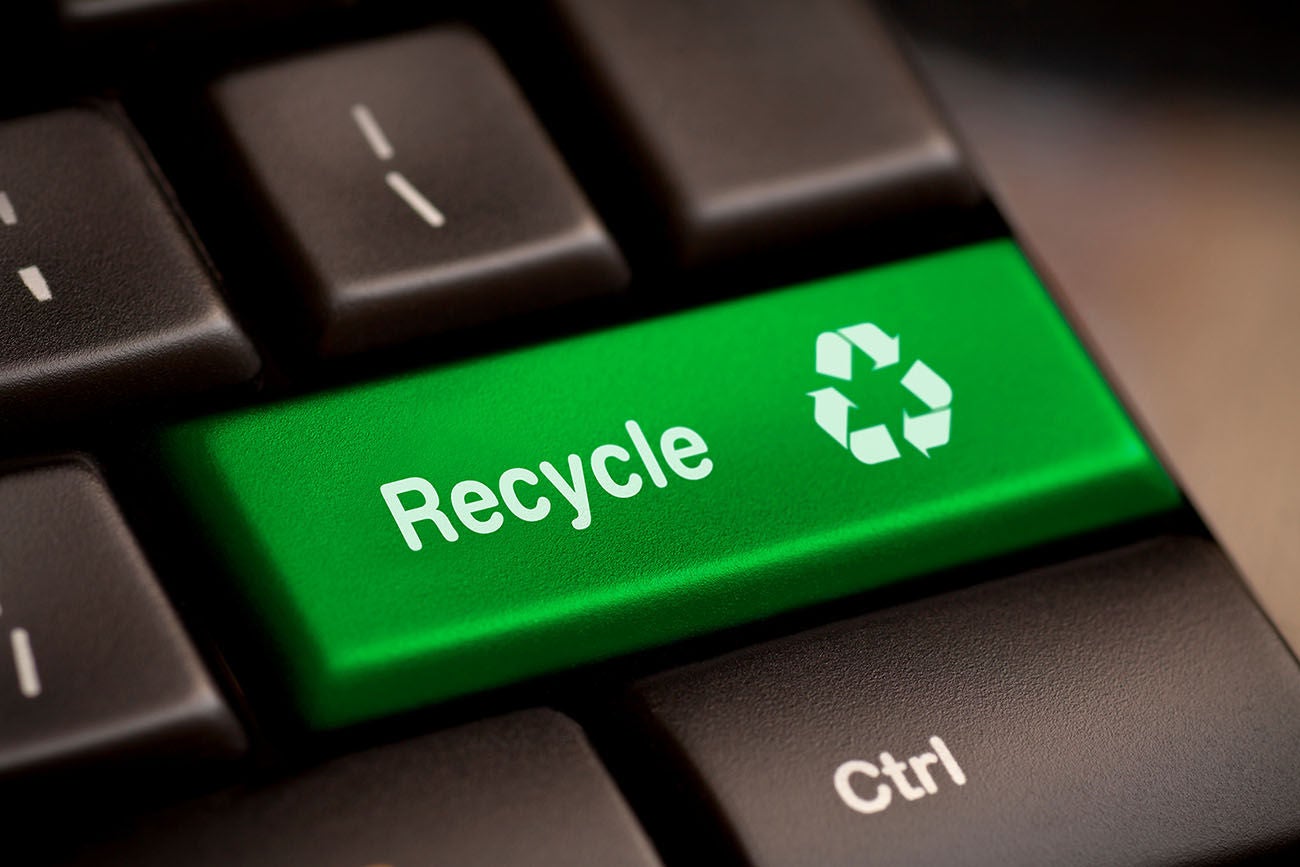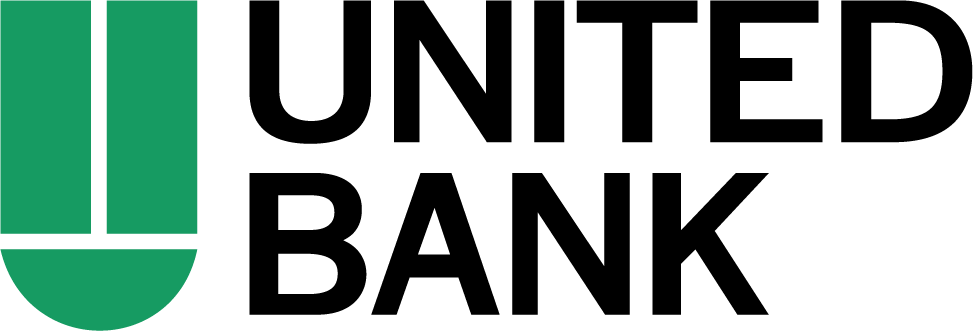The Bank has been replacing existing non-LED lightbulbs at facilities with LED lightbulbs for both indoor and outdoor fixtures; is in the process of upgrading thermostats that automatically adapt to changing climate conditions and can be centrally managed; and is replacing “black” roofs with more energy efficient “white” roofs. Additionally, some branch facilities have recently been upgraded to use more “environmentally-friendly” HVAC refrigerants. During such upgrades, United makes an effort to recycle previous materials such as florescent light bulbs, copper cores of HVAC equipment, copper plumbing parts, scrap steel pieces, and batteries, when possible.
Environmental Actions
We are working to identify cost savings opportunities and expand responsible natural resource practices.

In 2022, United underwent a companywide initiative to remove outdated IT equipment. We make a point to recycle these items, contributing it to third-party vendors who resell the equipment or dismantle and recycle the pieces. With the companywide upgrade, we recycled 3,331 pieces of equipment.
Throughout our footprint, we work with paper shred vendors who recycle all shredded materials from Bank branches. In 2022, this resulted in over 450,000 pounds of paper being recycled. This translates to saving over 4,410 trees, 1.2 million gallons of water saved, 684 yards of landfill avoided, or 912,000+ Kwh of energy.1
We also continuously work to divert paper from landfills by encouraging customers to sign up for e-statements. In 2022, United’s retail staff had a competition across markets to increase the portion of customers opting into e-statements. This resulted in a significant increase in the number of email receipts.
As our employees participate in many volunteer activities, some of these are in partnership with nonprofit organizations focused on enhancing natural resources. Within our own operations, we continue to seek ways to reduce our impact on the environment, considering sustainable energy conservation initiatives across our facilities as opportunities arise.
We participate in transit-oriented development financing that creates vibrant, compact, mixed-use, walkable communities that have a positive environmental impact. Within our wealth management division, we offer third-party ESG funds to clients.
Climate-Related Metrics and Targets
United is working to identify key concentrations in our loan portfolio that are most likely to be positively or negatively impacted by climate. However, climate-related data is quickly developing, but no clear, industry-best practice has yet been found to be accessible and applicable. As a starting point in 2022, our MIS and Credit Analytics team used the UN Environment Programme Finance Initiative transition risk sector heat map to conduct a baseline analysis of the impact of climate-related risk on our commercial loan portfolio. This analysis had significant limitations translating UNEP findings to US industry sectors; however, it showed a very small portion of United’s commercial loan portfolio to be rated either moderately high or high risk.
In 2022, we engaged a third-party expert to calculate the Company’s scope 1 and 2 greenhouse gas emissions. A critical success was building a process to inventory data sources across our broad footprint. The output provides important metrics and context that will serve as a baseline for comparison across our facilities and in relation to our peers. We also plan to use this output to assist us in identifying opportunities for efficiency upgrades. Management plans to continue considering process enhancements such as software to assist with the calculations and third-party independent verification.
